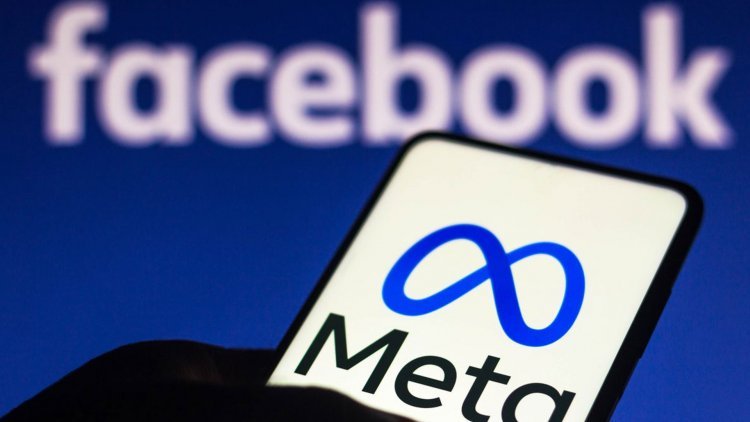According to Meta, the implementation of gatekeeper restrictions in India will discourage startups
In addition, Meta said that enforcing gatekeeper regulations would limit its capacity to help India's large businesses like itself close the digital connectivity gap by boosting digital adoption and supplying last-mile connection.

According to people with knowledge of the developments, Meta (formerly Facebook) warned a parliamentary panel that the implementation of "gatekeeper" norms similar to those being considered in the European Union (EU) could stifle innovation and have a chilling effect on Indian startups, making it more difficult for them to grow or be acquired.
This was in reaction to a series of inquiries the parliamentary committee on finance made regarding alleged anti-competitive activities to major technological companies as Meta, Google, Microsoft, and Amazon.
Anti-competitive gatekeeper norms are regulations that apply to digital platforms with large user bases and lots of transaction volume. Although they have not yet been put into effect, these regulations are part of the European Union's Digital Markets Act.
According to one of the sources, "Meta also argued that large players like itself can help bridge the digital connectivity gap by providing last mile connectivity and accelerating digital adoption, and imposing gatekeeper regulation would impair its ability to do so in India, as well as further distinguish the EU market from the Indian market."
Last month, representatives of Meta, Google, Amazon, Apple, and other companies testified before a parliamentary committee on finance that is investigating anti-competitive behaviour in the digital sphere.
They were questioned regarding, among other things, the definitions of the markets in which they operate, competition issues with their operations in foreign nations, the design of their algorithms for content distribution, and their opinions on competition regulation.
Following accusations of unfair business tactics, the panel had called top executives from many internet companies to discuss their behaviour in the market. Businesses like Flipkart, MakeMyTrip, Ola, Paytm, Swiggy, and Zomato testified before the committee that Big Tech firms like Google and Facebook were unjustly pushing the goods, services, or lines of business of its platform operators. They also cautioned that the Big Tech players risk consolidating into a duopoly.
A severe approach has also been adopted on huge e-commerce platforms by the parliamentary standing committee on commerce, which has recommended that India select "gatekeeper" platforms of a specific size that require more stringent control.
The committee believes it is past time for India to update and enhance its ex-ante regulatory framework, as well as take action to identify platforms that serve as gatekeepers and establish a threshold for qualification.
In order to identify organisations that serve as gatekeeper platforms, it has been recommended that the Competition Act, 2002 be amended to include additional quantitative criteria, such as the number of registered or active buyers and sellers on the platform, the number of transactions occurring, and the volume of revenue generated.




 admin
admin 




















